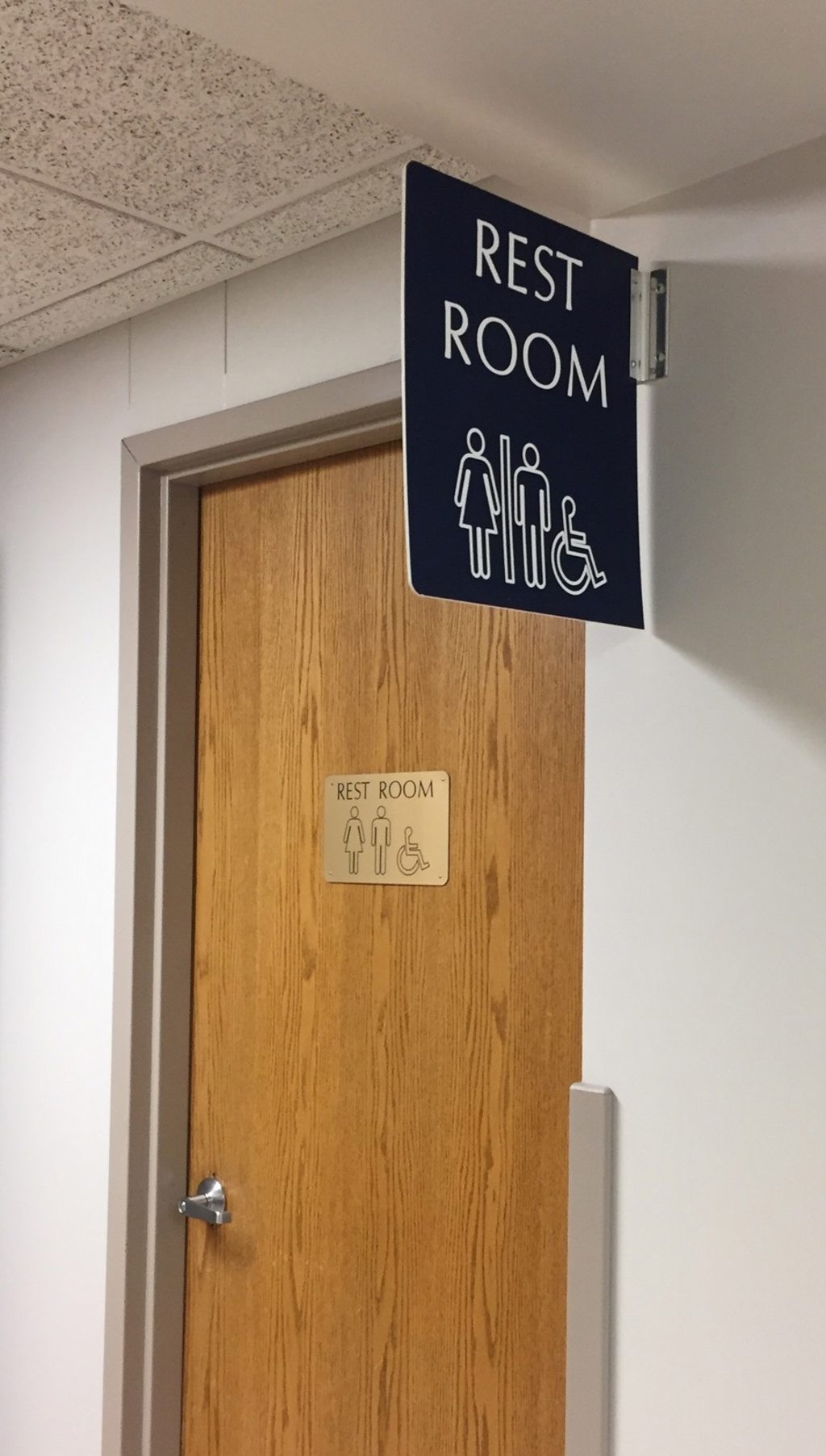Treatments Available to Reduce Symptoms of Overactive Bladder
Those with overactive bladder know that a simple trip to the grocery store – or anywhere, for that matter – isn’t really that simple.
The good news is there are several treatments available to help regain one’s independence and quality of life, according to urologist, Dr. Anuj Chopra of Penn Highlands Urology.
“Many patients are either too embarrassed to speak with their doctor about their symptoms, or believe there’s not much that can be done. That is simply not the case,” Chopra said.
Overactive bladder is not a disease, but the name given to a group of troubling urinary symptoms. The condition happens when the nerve signals between the brain and one’s bladder tell the bladder to empty even when it isn't full. Overactive bladder can also occur when the muscles in one’s bladder are overactive and contract before the bladder is full.
Chopra said the most common symptom is a sudden urge to urinate. A person experiencing this physical feeling may be concerned that he or she might not make it to the bathroom in time.
According to the American Urological Association, other symptoms of overactive bladder include:
- Urine leakage. One may leak urine after feeling an urge to go that doesn't give one enough time to make it to the bathroom. This kind of incontinence is called "urge urinary incontinence." This is different from "stress urinary incontinence" when one leaks urine while sneezing, laughing or other physical effort.
- Frequent urination. One may need to go to the bathroom more than eight times a day. The number of times a person urinates during the day varies from person to person, but many experts consider urinating more than eight times in 24 hours "frequent urination."
- Waking up at night to urinate. Waking up more than once a night to urinate is another symptom.
Both men and women are at risk for overactive bladder, and the risk increases with age. Women who have gone through menopause and men who have had prostate problems seem to be at greater risk, Chopra explained.
In addition, people with neurological diseases, such as stroke and multiple sclerosis, are at higher risk of overactive bladder.
Treatment includes medication and behavioral interventions, or a combination of both, according to Chopra.
Drugs called anticholinergics and beta-adrenergics block the nerve signals related to bladder muscle contractions. Research suggests that these drugs also might increase bladder capacity and decrease the urge to go.
As for behavioral interventions, Chopra said bladder training, pelvic floor exercises as well as modifying drinking habits are helpful treatments for overactive bladder. He said those wishing to reduce the symptoms of overactive bladder should avoid caffeine and not drink a lot of fluids before activities or going to bed.
Bladder training helps change the way one use the bathroom. Instead of going whenever one feels the urge, one urinates at set times of the day, called scheduled voiding. With this method, a person learns to control the urge to go by waiting – for a few minutes at first, then gradually increasing to an hour or more between bathroom visits.
Pelvic floor exercises help to strengthen the muscles that control urination. During these pelvic floor exercises, called Kegels, one tightens, holds and then relaxes the muscles that he or she uses to start and stop the flow of urination. There is also the option of pelvic floor physical therapy at Penn Highlands Healthcare.
Should behavioral interventions and medications not control the symptoms of overactive bladder, other options are available. These treatments include Botox injections to the bladder muscle and the Interstim sacral nerve modulation.
As a member of the Penn Highlands Healthcare urology team, Chopra provides comprehensive adult and pediatric urology services. He is board certified and highly trained in treating disorders of the male and female urinary tract and the male reproductive system. He, along with the other Penn Highlands’ urologists, Dr. Kumaresan Ganabathi, Dr. Joseph Chang, Dr. Donald Rudick and Dr. Michael Martynik, offer a wide range of state-of-the-art treatment options, surgical and nonsurgical. The doctors have offices in Brookville, Clearfield, DuBois and St. Marys.

